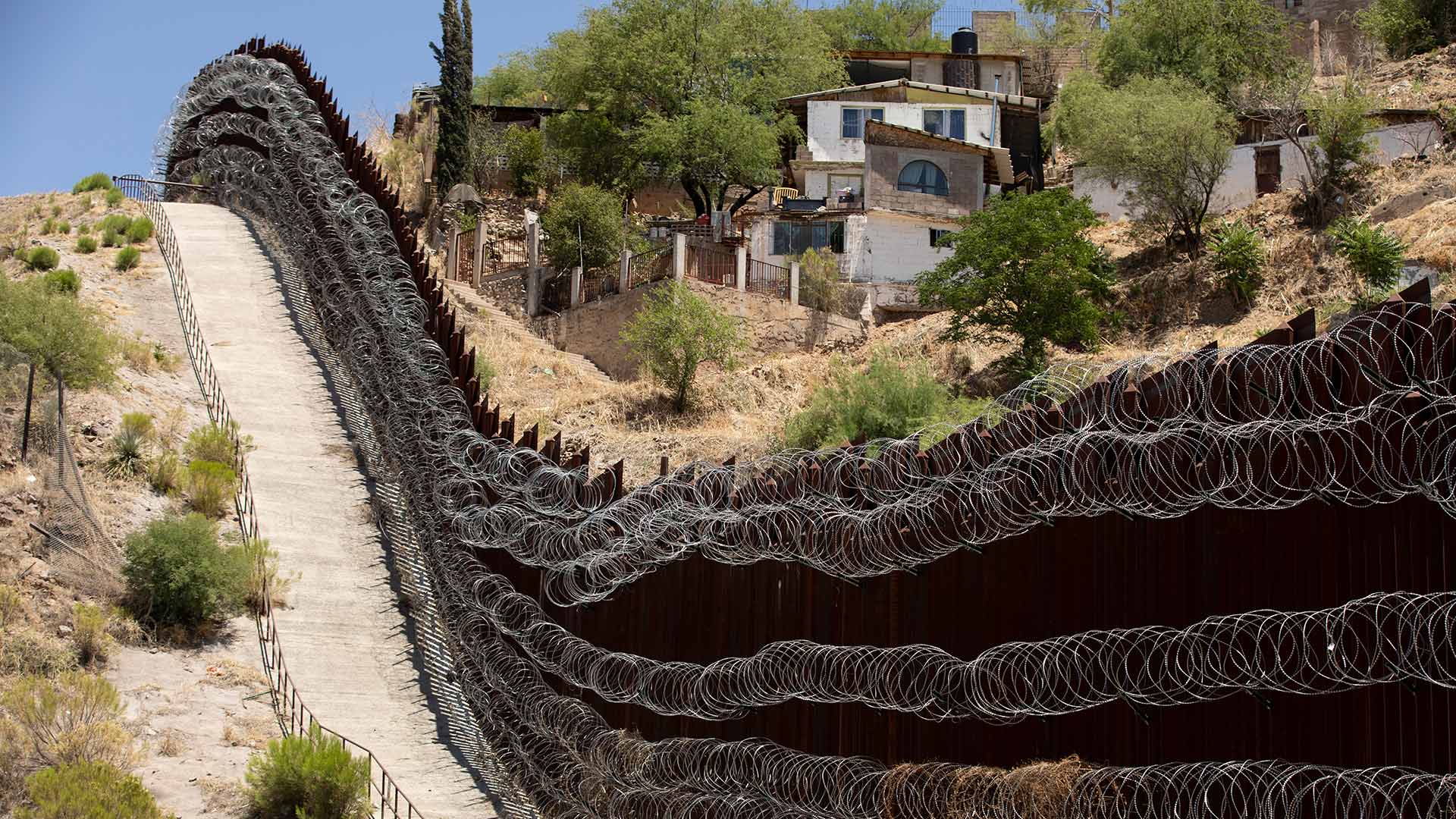
In what surely what must seem like déjà vu, Arizonans will vote in November on a statewide ballot measure that would give state and local law enforcement the authority to arrest people who cross illegally from Mexico into Arizona. A similar measure was passed by the State Legislature in March, but Governor Katie Hobbs vetoed it.
If this sounds a bit familiar, it’s because Arizona passed a somewhat related bill in 2010. That measure allowed police in Arizona to question people on the suspicion of being in the country illegally. It was later pared back when the U.S. Supreme Court decided that it infringed on the jurisdiction of the federal government.
The new measure seems to go much further than the 2010 legislation, making it a criminal offense at the state level to cross into Arizona illegally.
If you’re not a political science professor, all of the jargon, levels, jurisdictions, bicameral houses and measures are probably a bit confusing. Not to worry, that just means you’ve got better things to do with your time (catch bad guys) than read dusty books and watch talking heads on the news. To better understand the situation, here’s your APB primer.
The U.S. technically employs a “federal” system of government. Each of the 50 states are individual entities, sovereign governments that all come together for specific functions that they can do better together. The Constitution clearly lays out specific things that the federal government is supposed to take care of, such as national defense, managing commerce and currency, and running a post office. Other duties outside of these “enumerated” powers are supposed to be left up to the states. Things like education, setting criminal laws and all the other stuff local governments do would fall under this heading.
“Naturalization” (deciding what someone has to do to be a citizen) is one of the federal government’s responsibilities. The argument against Arizona’s 2010 law focused on the fact that Arizona was interfering with something that’s always been handled by the federal government (immigration).
In terms of Arizona’s ballot measure, that’s something many states have provisions for. Some states allow legislators (or even individual citizens) to put a law on the ballot to be voted on. So, in the case of Arizona’s latest law, the State Legislature passed it. The governor used her authority to veto it. Now, legislators have put the law on the ballot to be voted on by the citizens.
Though Arizona’s bill seems to be novel, it’s not unique. The state of Texas actually passed a similar bill several months ago, which has since been stalled in the courts. These bills seem to be part of a growing trend of individual states attempting to pass their own legislation when they feel the federal government is not doing an adequate job of addressing specific issues. In the case of Arizona and Texas, proponents of these bills argue that the borders being crossed are not only U.S. borders, but also state borders. In Arizona, they are likely to argue that the state is only criminalizing the actual act of illegally crossing, not attempting to enforce federal immigration laws.
What does this mean for individual officers? That remains to be seen. As the measure would essentially criminalize crossing illegally into the state, it would allow officers to arrest for several actions. According the Arizona Mirror, these include crossing the border between official points of entry and submitting false information to apply for jobs and public benefits. It apparently also creates a new class of felony to punish people who cause someone’s death by selling them fentanyl.
Opponents have pointed out that the measure includes no funding for the departments that would be responsible for enforcing it, which are already financially strained and struggling with recruitment and retention. According to the Arizona Republic, the Arizona Department of Public Safety is facing a severe shortage of troopers, leaving many rural areas unsupervised at night. In a legislative analysis released in June, the DPS estimated complying with the proposal would cost it $3.8 million annually, and that the total price tag for law enforcement agencies across the state could be as much as $41 million.
So, what’s the likelihood of Arizona’s ballot measure becoming law? This is America, so that’s going to be decided by the will of the people expressed through their sacred right to cast their vote at the ballot box (and a whole bunch of judges in subsequent lawsuits).





